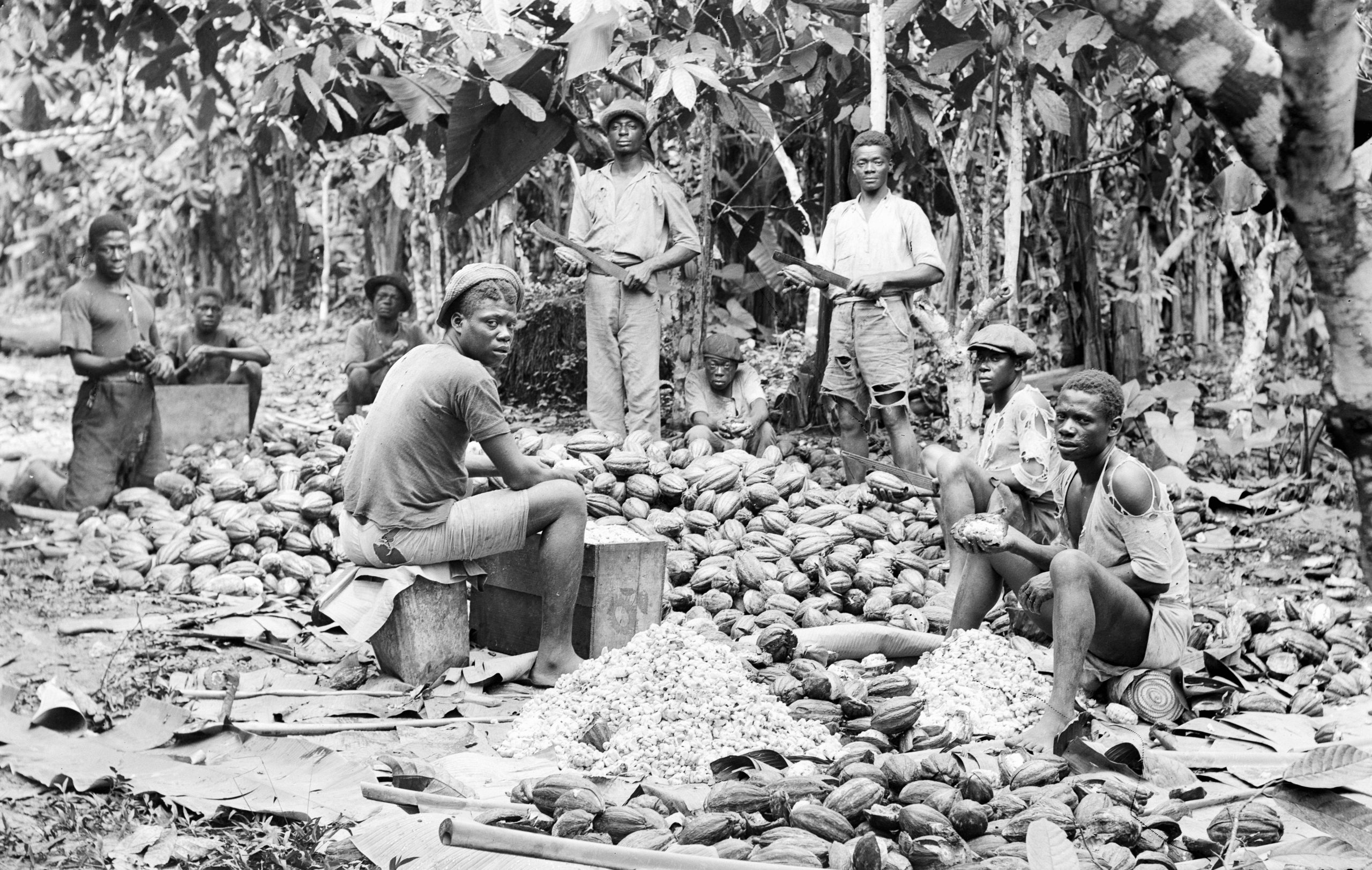The International
Day for the Abolition of Slavery is observed on December 2 every year. The purpose
of the observance is to remember the brutal social structure of slavery that
existed for hundreds of years. The observance is also made to arouse public opinion
against modern forms of slavery such as human trafficking, child labour, sexual
exploitation, forced marriage and the forced recruitment of children into armed
conflict.
December 2 is observed
as the International Day of the Abolition of Slavery to mark the date when the United
Nations General Assembly (UNGA), a young multilateral organisation at the time,
adopted the UN Convention for the Suppression of the Traffic in Persons and of
the Exploitation of the Prostitution of Others. The resolution 317 (IV) adopted
on December 2, 1949 aims to abolish modern forms of slavery.
Also Read | Barbados set to remove Queen Elizabeth II as head of state, bury colonial past
Slavery has a long
and brutal history going back to ancient Greece. However, they were the
colonialists of the 17th, 18th and 19th
centuries whose practice of slavery features most in historical chronicles.
Slavery, in its fundamental form, is to limit the human potential by forcing
people into labour and offering just enough that is necessary for sustenance.
Modern history is
replete with examples of slavery, but the most poignant is Trans-Atlantic
slavery when people from countries across Africa were moved to the United
States packed in ships formed to work in plantations owned by white
imperialists.
Also Read | Everything is finished: Middle-class Afghans slide into poverty, hunger
While the civilised
world has given up on this form of slavery, other forms of slavery continue to
exist. The United Nations identifies human trafficking and forced prostitution as
forms of slavery and makes efforts to curb these practices. The UN’s human
rights body has also found persistent of old forms of slavery embedded into
traditions and customs.
December 2 is a
reminder and also a day to take action against modern forms of slavery that are
being perpetuated in a globalized world with increasing flows of labour and
commodities crossing internal borders.







